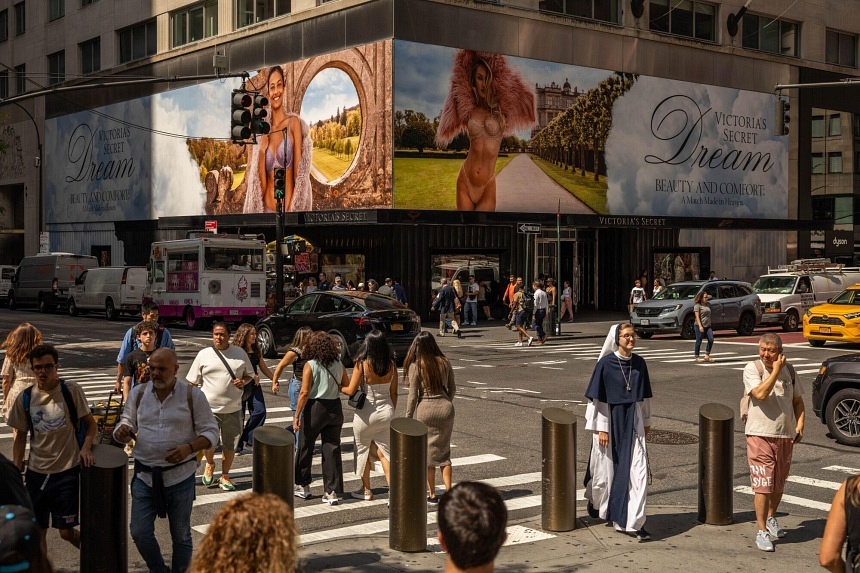US consumer confidence rose to a six-month high in August, as more upbeat views of the economy and inflation offset waning optimism about the labour market.
The Conference Board’s gauge of sentiment increased to 103.3 from an upwardly revised 101.9 a month earlier, data out on Aug 27 showed. The median estimate in a Bloomberg survey of economists called for a reading of 100.7.
A measure of expectations for the next six months rose to a one-year high of 82.5 in August, while a gauge of conditions now edged up.
Prospects for long-awaited interest rate cuts by the US Federal Reserve, likely beginning September, may help to further bolster sentiment and keep consumers spending. At the same time, confidence remains well shy of pre-pandemic levels due to a higher cost of living and, more recently, moderating job growth.
“Consumers’ assessments of the current labour situation, while still positive, continued to weaken, and assessments of the labour market going forward were more pessimistic,” Ms Dana Peterson, chief economist at the Conference Board, said in a statement.
“This likely reflects the recent increase in unemployment. Consumers were also a bit less positive about future income.”
Some 32.8 per cent of consumers said jobs were plentiful, the smallest share since March 2021 and the sixth straight decline. The share saying jobs were hard to get edged higher.
The difference between these two – a metric closely followed by economists to gauge the job market – also fell to a more than three-year low.
Central bankers and economists are closely monitoring developments in the labour market after Fed chairman Jerome Powell said last week that the Fed does not “seek or welcome a further cooling”. Mr Powell acknowledged that the downside risks to employment have risen, while inflation risks are diminishing.
The cut-off for the Conference Board survey was Aug 21, before Mr Powell said last week that the “time has come” to lower rates.
But a growing number of respondents were already anticipating cuts. The report showed 31.5 per cent of respondents expect lower interest rates in the coming year, the largest share since April 2020. Consumers also dialled back inflation expectations.
Consumers were also less upbeat about the stock market, likely reflecting volatility in early August, Ms Peterson said. A disappointing jobs report at the time triggered a US$6.4 trillion (S$8.3 trillion) global stock sell-off, but markets have since recovered.
The report showed buying plans declined from the prior month for cars and major appliances. Home-buying intentions also remained weak on high prices and borrowing costs.
Stocks fluctuated near all-time highs on Aug 27, with traders awaiting Nvidia’s results, while Treasury 10-year yields rose. BLOOMBERG

